The Planetary Health Postdoctoral Fellowship 2026 is a prestigious two-year research opportunity jointly hosted by the London School of Hygiene & Tropical Medicine (LSHTM) and Stanford University. This fellowship is designed to cultivate a new generation of interdisciplinary scholars and researchers dedicated to solving complex global challenges at the intersection of human health and environmental systems. As the global community grapples with the worsening impacts of climate change, biodiversity loss, pollution, and ecosystem degradation, the need for actionable research that bridges science, policy, and community becomes more urgent than ever.
Funded by the Peter Piot Fellowship Fund, in collaboration with the Gordon and Betty Moore Foundation, Stanford’s Center for Innovation in Global Health, and the Sean N. Parker Center for Allergy and Asthma Research, this fellowship targets exceptional early-career researchers with a strong interest in advancing planetary health. Planetary health is a multidisciplinary field that seeks to understand and address the human health impacts of global environmental change. It focuses on systemic solutions that are sustainable, equitable, and grounded in evidence.
📌 Read More
Fellows selected for the 2026 cohort will conduct groundbreaking research projects aligned with the fellowship’s mission to investigate how environmental degradation impacts health, and to explore innovative, scalable strategies to protect both people and the planet. Successful candidates will have the opportunity to work with world-class faculty and researchers at LSHTM and Stanford, including through residencies at the Medical Research Council (MRC) Units in The Gambia or Uganda.
Throughout the two-year program, fellows will benefit from mentorship, financial support, interdisciplinary collaboration, and structured learning opportunities. The fellowship is not just a research grant—it is a platform for impact. Fellows are expected to contribute to peer-reviewed publications, policy briefs, community outreach, and teaching or mentoring activities. Moreover, fellows will be part of a global cohort that participates in regular online convenings and two in-person retreats—one at LSHTM and the other at Stanford University.
A key priority of the Planetary Health Postdoctoral Fellowship is inclusion. The program particularly encourages applications from researchers based in Low- and Middle-Income Countries (LMICs), especially sub-Saharan Africa. Projects must be community-oriented, collaborative, and designed to produce real-world impact. Applicants are expected to propose original research ideas that are deeply rooted in the principles of planetary health—interdisciplinary thinking, systems-level analysis, and equity-centered approaches.
Research themes may include, but are not limited to, the impacts of climate change on infectious diseases, air and water pollution, urban health, food systems and nutrition, environmental justice, biodiversity and health, and health systems resilience in the context of ecological collapse. Fellows are encouraged to address knowledge gaps and propose innovative solutions that support the health and sustainability of both people and ecosystems.
By the end of the program, fellows will have developed a comprehensive body of work that contributes to academic knowledge, influences policy, and empowers communities. Their work will be shared through publications, open-access data, public engagement activities, and policy forums supported by LSHTM and Stanford. Fellows will leave the program equipped with the experience, networks, and vision to lead the next generation of research and action in planetary health.
📰 Similar Posts
Name of Organizer

Requirement/Eligibility
- Applicants must have completed a PhD in a relevant field (public health, environmental science, epidemiology, anthropology, ecology, global health, health policy, etc.) within the past 3 years or must provide evidence of successful completion before fellowship start.
- A strong record of research and academic achievement, demonstrated through publications, conference participation, or community-based research.
- Clear interest and demonstrated commitment to working on issues related to planetary health and environmental determinants of health.
- Proficiency in English, both written and spoken, with the ability to produce scientific writing and public communication outputs.
- Applicants must propose an original research project aligned with the goals of the Planetary Health Fellowship.
- Priority will be given to candidates from LMICs, particularly those who are nationals of sub-Saharan African countries.
- Applicants must be willing to relocate, if applicable, to one of the MRC research units in The Gambia or Uganda (for LSHTM-based fellows) or to Stanford University (for U.S.-based fellows).
- Applicants must be willing to commit full-time to the fellowship for its full two-year duration.
- Ability to work independently as well as collaboratively within a cross-institutional and multidisciplinary team.
- Applicants must identify mentors from both LSHTM and Stanford to support their proposed project, or indicate willingness to be paired with appropriate mentors.
Duration/Stipend
The Planetary Health Postdoctoral Fellowship 2026 will span a two-year period, beginning in January 2026 and ending in December 2027. Fellows will spend time at LSHTM in London or at Stanford University, as well as possibly conducting field research at the MRC Units in The Gambia or Uganda.
LSHTM-based fellows will receive a stipend of approximately £25,000 per year, along with housing support, annual travel home allowances, and children’s education support (if applicable).
Stanford-based fellows will receive a competitive postdoctoral salary in line with Stanford and NIH guidelines, with access to full university benefits.
Fellows at both institutions will have access to research funding for their project, including travel and fieldwork expenses.
A connect fund is available to support collaboration among fellows and with community or policy partners.
Both institutions will provide logistical and academic support, access to office space, resources, and mentorship.
Fellows will participate in global convenings, structured peer-learning sessions, and contribute to teaching or mentoring early-career researchers.
Deadline
11th July, 2025

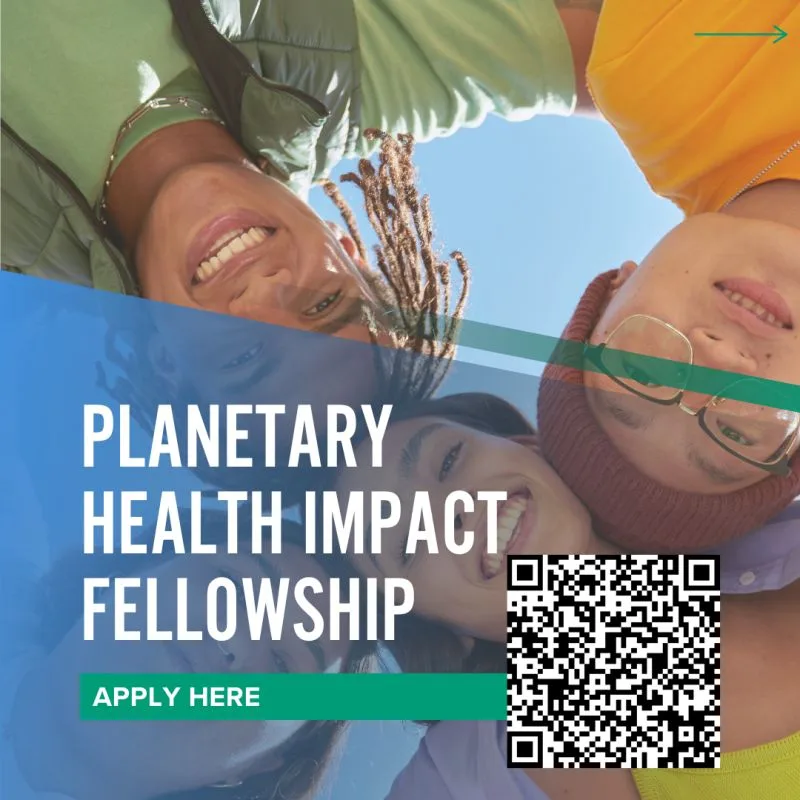


























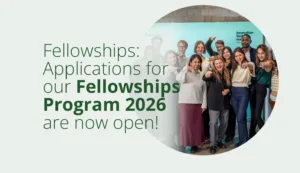


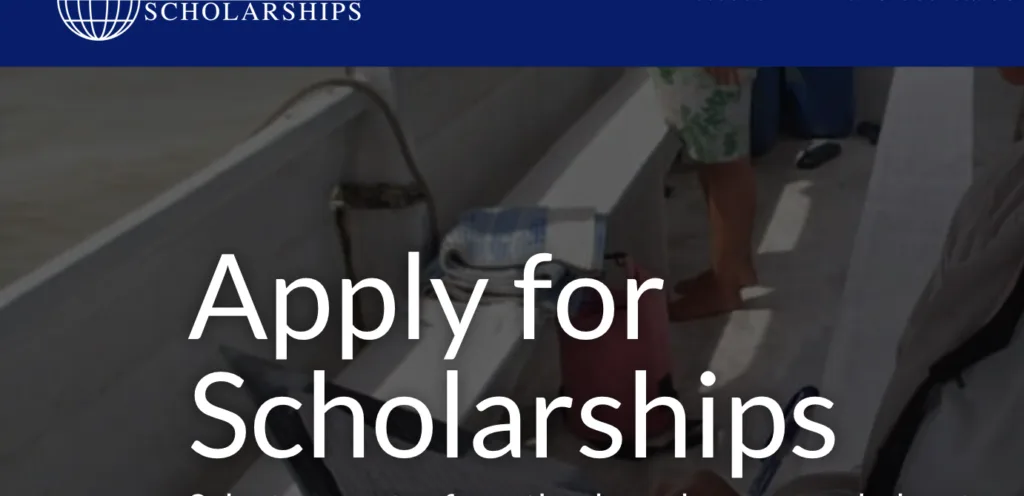
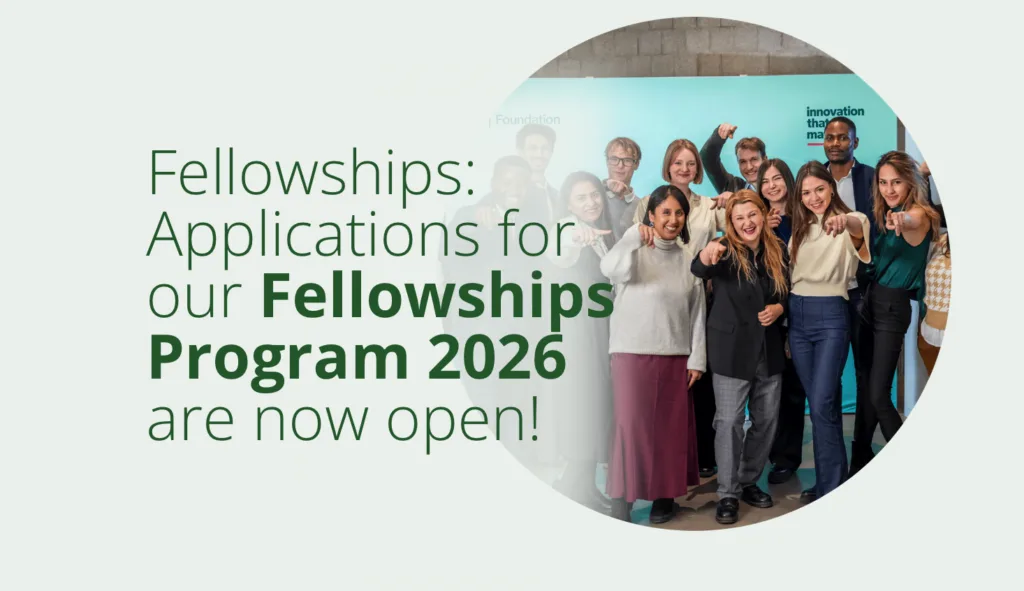


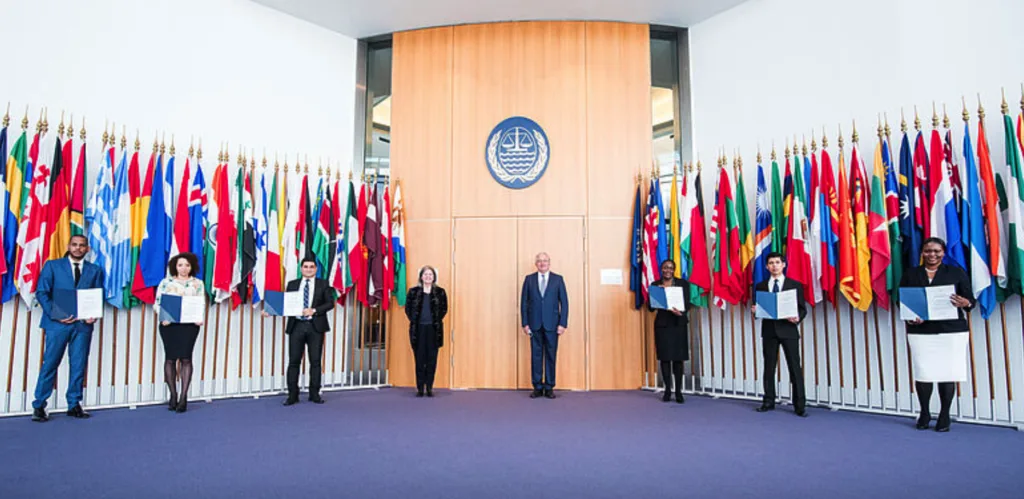

No responses yet